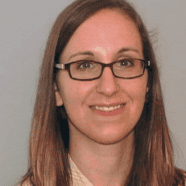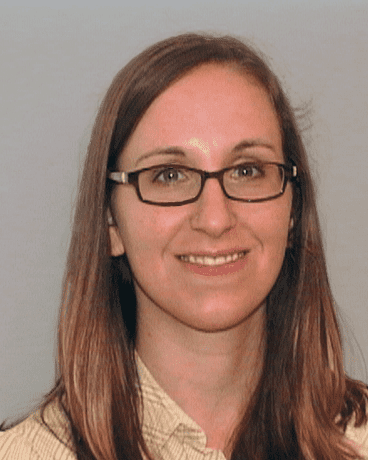October 10, 2022
$199,000 Several promising treatments are being developed for Angelman syndrome (AS), with the goal of restoring function of UBE3A. Therapies administered early in life are expected to be most beneficial, but AS is often not diagnosed until 1-4 years of […]
Read more
October 10, 2022
$200,000 Motor deficits are common and debilitating, but not well-understood, symptoms of Angelman syndrome. AS results from the loss of the UBE3A gene. The development and study of animal models of AS that lack the same gene has advanced our […]
Read more
January 15, 2020
It remains unclear which brain areas (and hence which cellular changes) directly contribute to phenotypes of AS. Knowledge of the critically affected brain areas is important for two reasons: 1) it will help us to identify the most relevant mechanisms […]
Read more
December 22, 2019
$92,144 – 1-year With previous support from the ASF, Dr. Elgersma engineered a UBE3A- inducible mouse in which the UBE3A gene (responsible for causing AS) is non-functional when the mouse is born. However, by a medication injection at any desired […]
Read more
December 21, 2019
$120,000 – 2-years The discovery of genomic reprogramming of human skin cells into induced pluripotent stem cells (iPSCs) provides a novel way to model human diseases with complex genetics. By reprogramming skin cells obtained from patient samples, cell lines can […]
Read more
December 21, 2019
$25,000 – RDCRN Training Grant This investigator will use selective phenotype study techniques to study children 3-10 years of age with AS, Rett syndrome ( RTT), and MeCP2 duplications, as genetic models of autism spectrum disorder (ASD). It is hoped that 15 individuals […]
Read more





